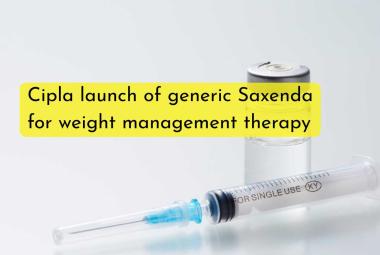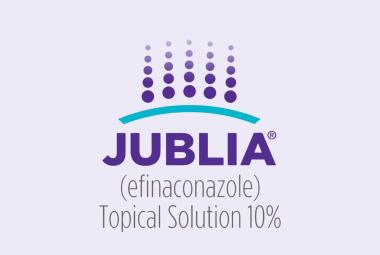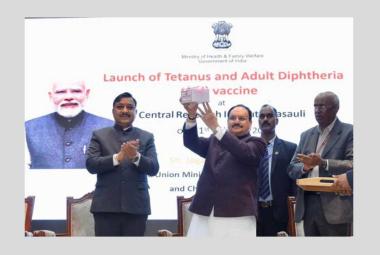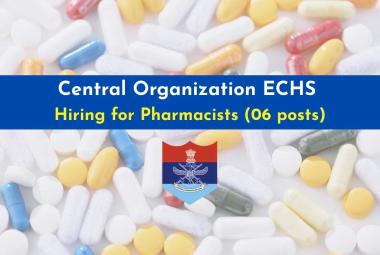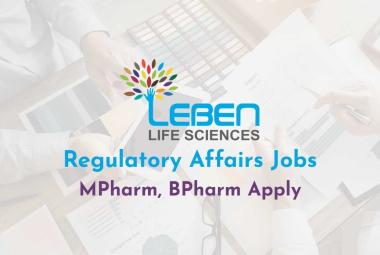The U.S. Food and Drug Administration (FDA) has announced new measures aimed at accelerating the development of biosimilar medicines and lowering the overall cost of biologic treatments in the United States.
In an official press release titled “FDA Moves to Accelerate Biosimilar Development and Lower Drug Costs,” the agency introduced a draft guidance document “Scientific Considerations in Demonstrating Biosimilarity to a Reference Product: Updated Recommendations for Assessing the Need for Comparative Efficacy Studies.”
The new draft guidance proposes streamlining the development pathway for biosimilars by allowing manufacturers to demonstrate biosimilarity through advanced analytical and non-clinical data, potentially reducing the need for large comparative human trials. The FDA stated that this approach is intended to make the biosimilar approval process more efficient without compromising safety or efficacy standards.
“Biosimilars are often far more affordable to patients and have the promise to significantly lower health care costs in America,” said FDA Commissioner Marty Makary. “By streamlining the biosimilar development process and helping advance interchangeability, we can achieve massive cost reductions for advanced treatments for cancer, autoimmune diseases, and rare disorders affecting millions of Americans.”
According to the FDA, while biologic medicines represent only about 5% of prescriptions, they account for roughly 51% of total drug spending in the country. The agency’s new initiative is aimed at promoting competition in the biologics market, encouraging the entry of more biosimilar products, and enhancing patient access to affordable therapies.
The FDA also announced efforts to simplify the process for biosimilars to be designated as “interchangeable” with their reference biologic products. This designation allows pharmacists to substitute a biosimilar for its reference drug without consulting the prescribing healthcare provider, a move that could further expand patient access and lower costs.
The newly issued guidance is currently in draft form, and the FDA has invited public comments before it is finalized. The agency reaffirmed its commitment to maintaining scientific rigor while promoting affordability and innovation in the pharmaceutical industry.



